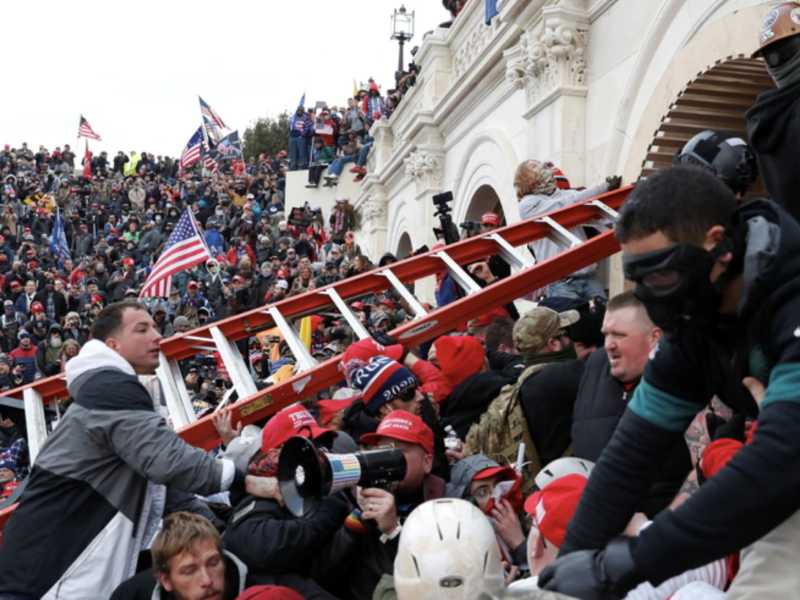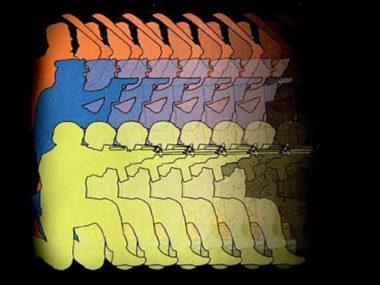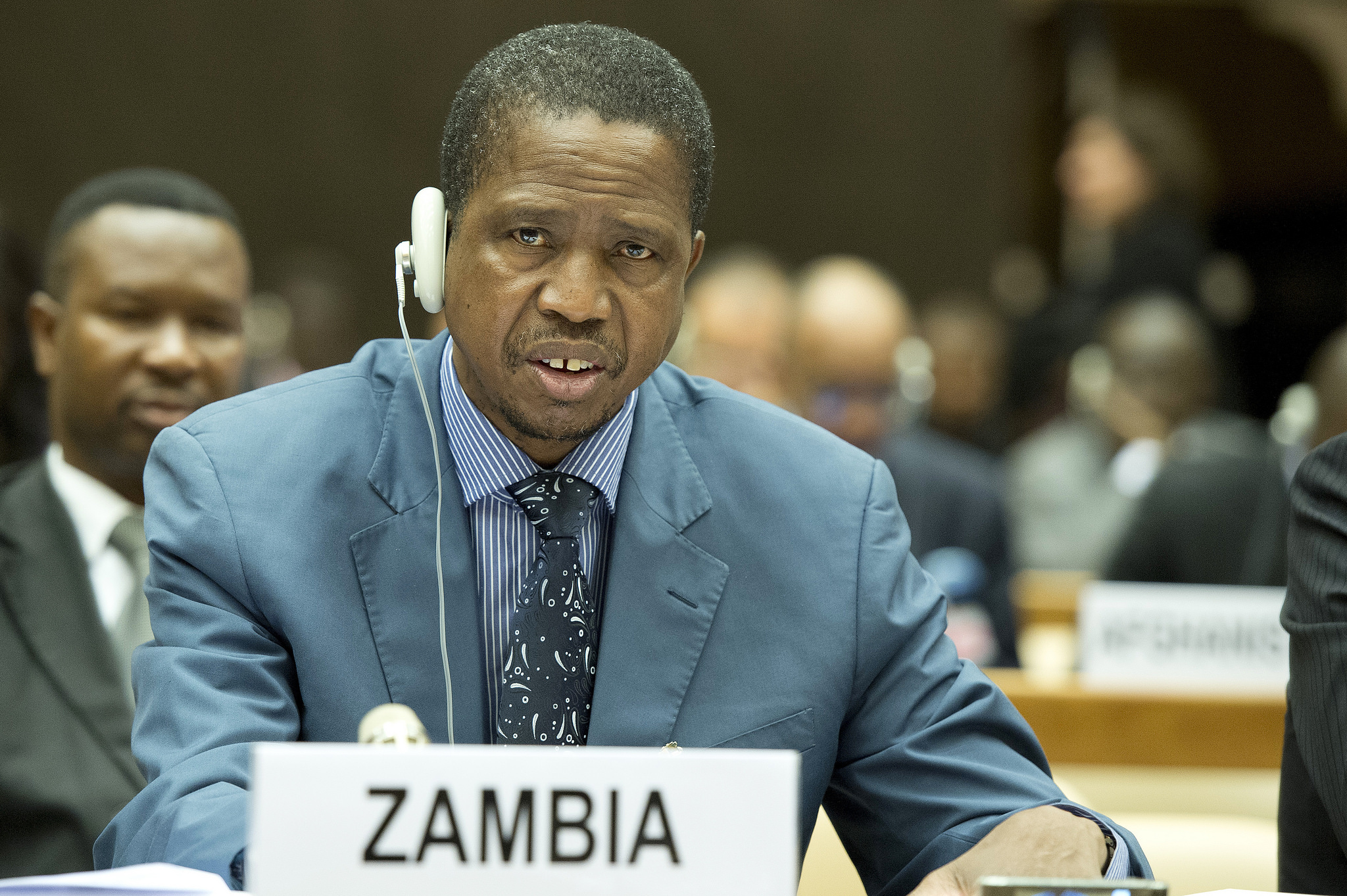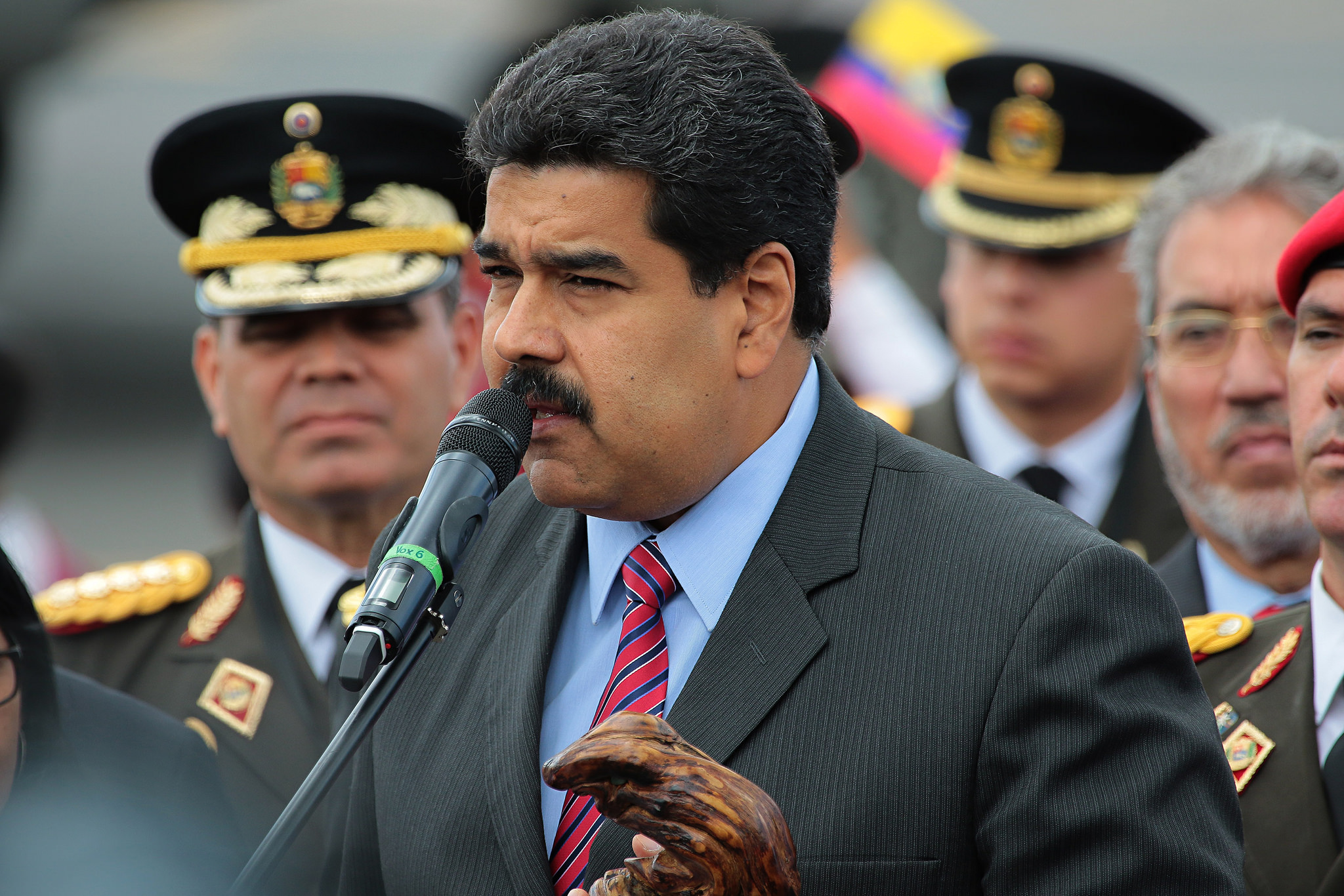By Joseph Young
Any PhD student who studies Comparative Politics can tell you (after reading Adam Przeworksi’s work among others) is that democracy isn’t a fixed thing. It is not a single point that countries strive to achieve. At its core, democracy is an equilibrium. It is a steady state where actors in a political system agree to hold regularly contested, free and fair elections—and to live with the results. It isn’t just about voting. They vote in China and Cuba. Voting isn’t enough to be a democracy. As the former dictator of Nicaragua, Anastasio Somoza, was rumored to have said about his opponent’s electoral victory, “Indeed, you won the elections, but I won the count.” As Trump’s attempts to coerce the Republican Secretary of State of Georgia to “find” 11,780 votes for him shows, he is similar in spirit to Somoza. As Przeworksi states, “democracy is a system where parties lose elections.” When the sitting US President doesn’t agree, it is a troubling sign for the system.
As I watched the events unfolding in real time in DC yesterday, I tweeted:

Americans, however, tend to view their country as exceptional: a shiny beacon for democracy, human rights, and social progress.
But it’s not just events this week that show that America is just like every other country. Trump and his supporters have been chipping away at the norms of American democracy since he started campaigning for the presidency. They’ve done it by advocating for jailing opponents; by calling for violence against the media; supporting forcible removal of reporters from his rallies; and refusing to release Trump’s tax returns, among a host of other small violations of what we expect from our elected leaders. The list of these violations once he was elected is too long to recite, and yesterday was the culmination of four years of flouting the rule of law and the basic notion that democracy requires respecting one’s opponents and adhering to the rules of the game and the Constitution.
Future PVG posts will analyze the deterioration of American democracy, comparing it to democracy backsliding in other parts of the world to both demystify American exceptionalism and to provide a lens into possible alternative futures—explaining the process that leads to either the decay or health of the political system. Today though, we offer some analysis and scholarship to help put these events in perspective.





